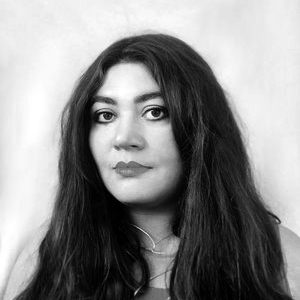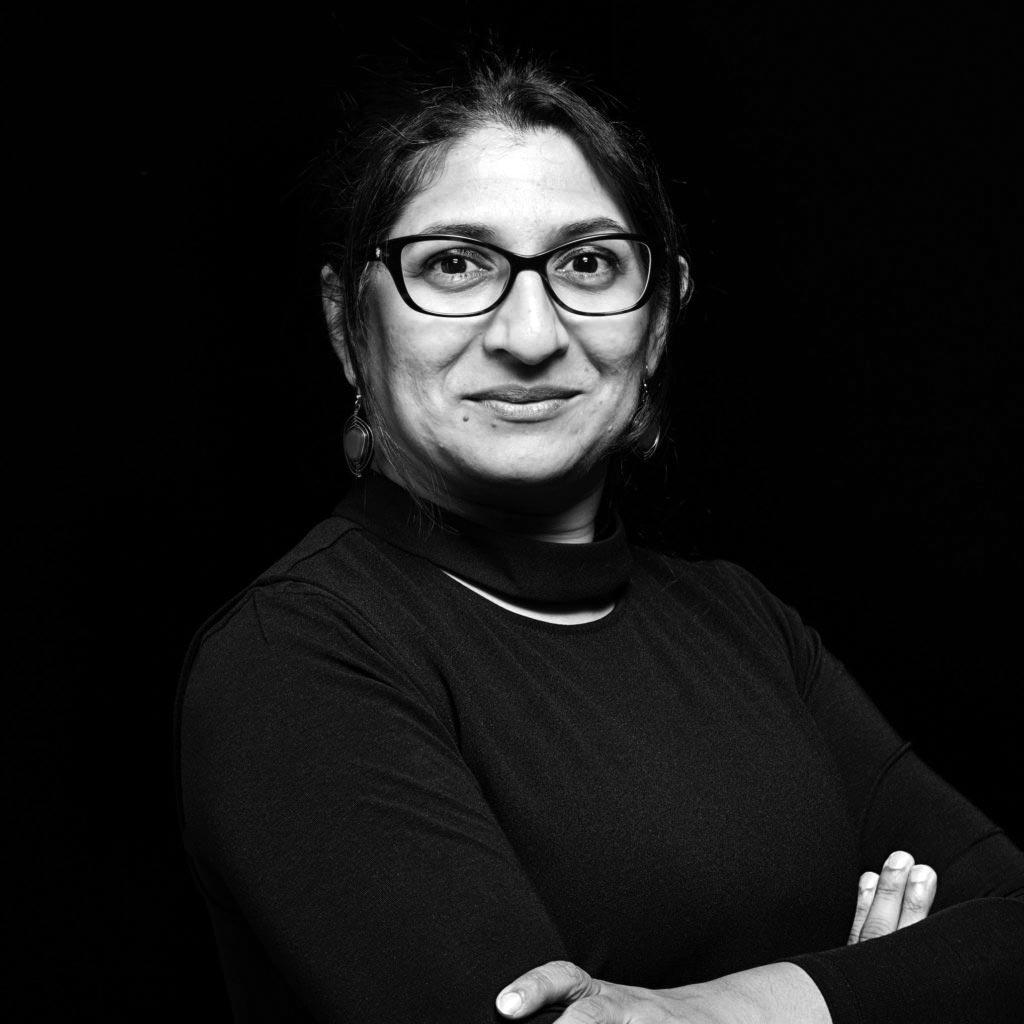Rethinking Architectural Standards through a Neuroscientific Perspective
Kristine Mun and Biayna Bogosian, recipients of the 2018 Research Prize, discussed their project “Architectural Standards Guide from a Neurological Perspective.”
Kristine Mun and Biayna Bogosian, recipients of the 2018 Research Prize, discussed their project “Architectural Standards Guide from a Neurological Perspective.”
The inaugural fellows of the SOM Foundation Research Prize, Kristine Mun and Biayna Bogosian shared insights into their interdisciplinary research addressing the topic of “Humanizing High Density.“
The fellows addressed how the convergence of neuroscience and architecture could lend itself to facilitating alternative methods of thinking about wellness in standardized built environments. In this context, new procedural methodologies could leverage neuroscientific approaches of collecting physiological and psychological information of the inhabitants, in order to access and assist the designers in all stages of design. For example, it is documented that the hippocampus in the brain is responsible for spatial memory. That is, could we measure the inhabitants’ brain activity for studying circulation and navigation clues throughout our buildings and cities, and how might we apply these findings to future design strategies? The talk focused on the potentials and challenges of applying neuroscientific research methods in architectural and urban settings.
The fellows’ presentation was followed by three expert respondents: David Kirsh (President of Academy of Neuroscience for Architecture, San Diego), Maider Llaguno-Munitxa (Assistant Professor of Architecture at Université catholique de Louvain, Louvain-la-Neuve, Brussels), and Upali Nanda (Principal and Director of Research at HKS Architects, Detroit).
Rethinking Architectural Standards through a Neuroscientific Perspective.” Courtesy of Biayna Bogosian and Kristine Mun.

Kristine Mun received her doctorate degree from the Architectural Association in London and Master of Architecture from Cranbrook Academy of Art and is the director of SensoryArchitectures. She is an architect, artist, experimental designer, professor and works with three branches of scales and systems, from architecture and landscape design to installations and exhibitions, to sensory systems of the body/machine relationship. Embracing conventional techniques with new digital technologies, she cross-blends her practice with theory, research, and application toward creating “Empathic Architecture: Architecture that Feels.” She has exhibited her work widely, including at the Venice Biennale and Beijing Biennale, and has curated and organized several international exhibitions and conferences. She has taught at the University of Southern California, University of Minnesota, AADRL/Architectural Association, and was the Head of the Neuroscience for Architecture program at the NewSchool of Architecture & Design. She is a registered architect in the Netherlands and currently resides in San Francisco.

Biayna Bogosian’s academic and professional background extends in architecture, urban design, environmental design, computational design, data science, spatial computing, and immersive media design. Bogosian’s interdisciplinary research focuses on innovation in design within a broader environmental context to explore data-driven and citizen-centric approaches to analyze and improve the built environment and health of our cities. Bogosian is currently a doctoral candidate in the Interdisciplinary Media Arts and Practice program at the University of Southern California. She holds a Master of Science in Advanced Architectural Design from Columbia University and a Bachelor of Architecture from Woodbury University. Since 2011, she has taught at multiple institutions such as Columbia University, Cornell University, University of Southern California, Tongji University, and Woodbury University, among others. She is currently an Assistant Professor of Architectural Technology at Florida International University in Miami, where she is continuing her research through teaching and a number of National Science Foundation grants.

David Kirsh is Professor and past Chair of the Department of Cognitive Science at the University of California, San Diego (UCSD) and current president of the Academy of Neuroscience for Architecture. Between 2017 and 2019, he was Leverhulme Visiting Professor at the Bartlett School of Architecture, University College London, and he continues as visiting professor. He was educated at Oxford University (Doctor of Philosophy), did postdoctoral research at MIT in the Artificial Intelligence Lab, and has held research or visiting professor positions at MIT and Stanford University. He has written extensively on situated and distributed cognition, and especially on how the environment can be shaped to simplify and extend cognition, including how we intelligently use space and how we use external representations as an interactive tool for thought. He runs the Interactive Cognition Lab at UCSD where the focus is on the way humans are closely coupled to the outside world, and how human environments have been adapted to enable us to cope with the complexity of everyday life. Some recent projects focus on ways humans use their bodies as things to think with, specifically in dance making and choreographic cognition, how thought unfolds in many modalities, and how new digital and media tools are reshaping thought, especially in the different stages of design.

Maider Llaguno-Munitxa is Assistant Professor at the Université catholique de Louvain (UCLouvain). Her work focuses on the study of environmental and data sciences for the development of novel design practices that aim to improve building and urban environmental health. From 2017 until 2020, Llaguno-Munitxa was an Associate Research Scholar and postdoctoral researcher at the Department of Civil and Environmental Engineering at Princeton University. She obtained her PhD from the ETH Zurich in October 2016. Prior to her PhD studies, in 2010 Llaguno-Munitxa graduated with excellence in design (honors) in Advanced Architecture Design from the Graduate School of Architecture, Planning and Preservation at Columbia University in New York City and from the Escuela Técnica Superior de Arquitectura de la Universidad del País Vasco/Euskal Herriko Unibertsitatea (UPV/EHU) in San Sebastián from where she received her Diploma in Architecture with honors in 2006.

Upali Nanda is a Principal and Director of Research at HKS Architects. Based in Detroit, Nanda has extensive experience leading research projects in design practice with a focus on the impact of design on human health and perception. She is Executive Director of the Center for Advanced Design Research and Evaluation, the research arm of HKS, and is an Associate Professor of Practice at the Taubman School of Architecture and Urban Planning at the University of Michigan.